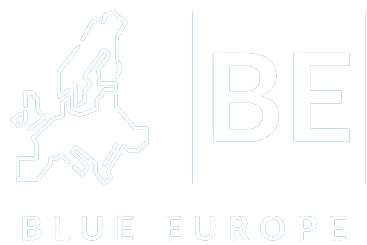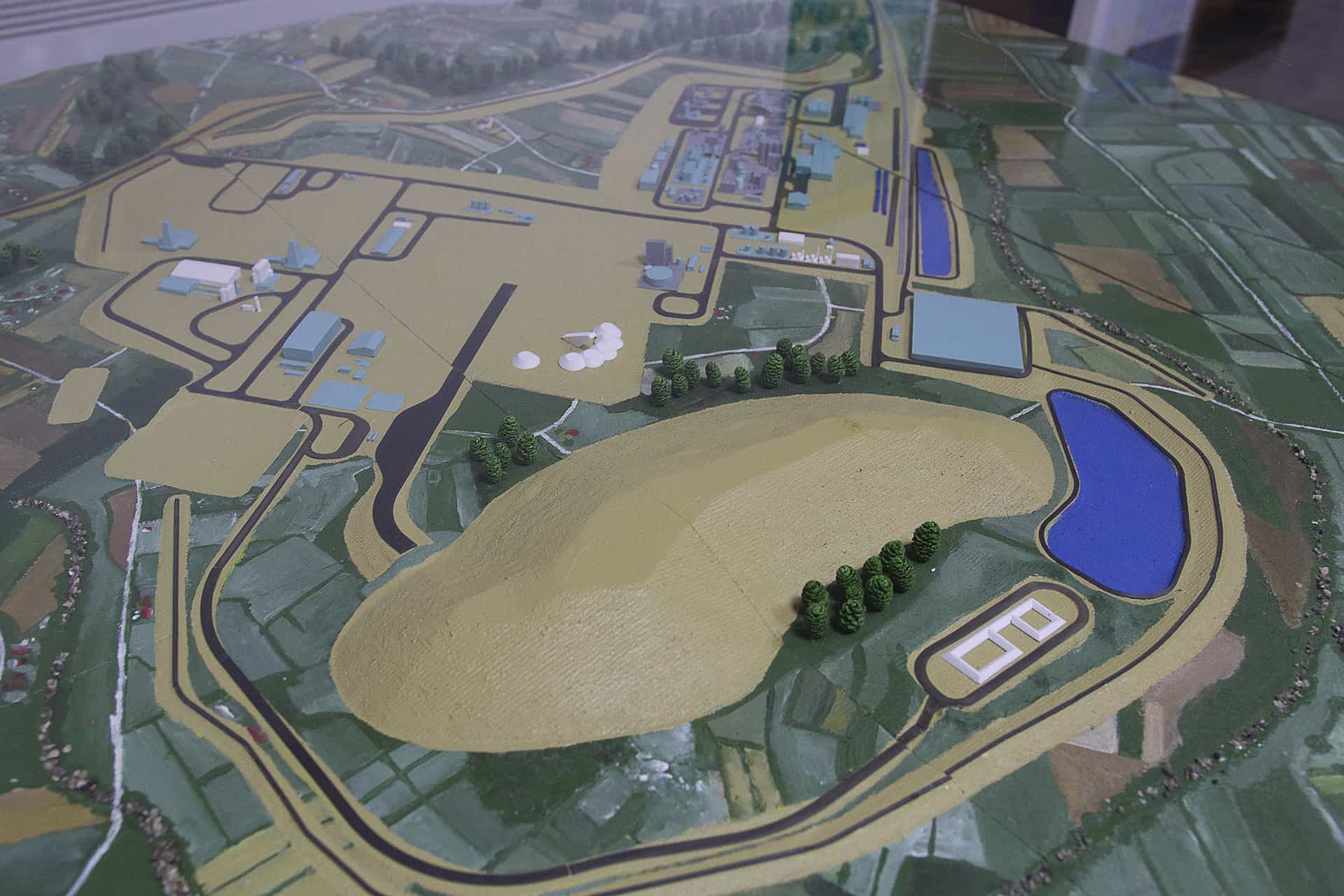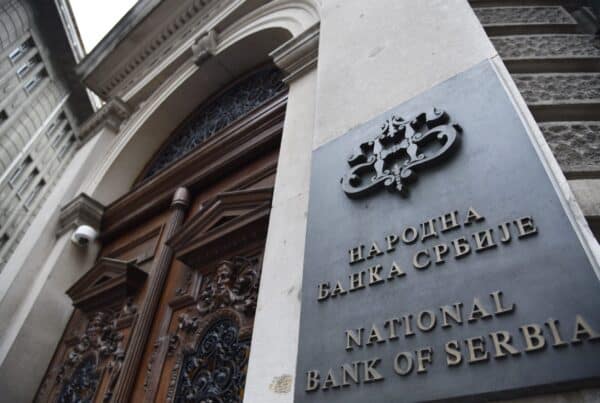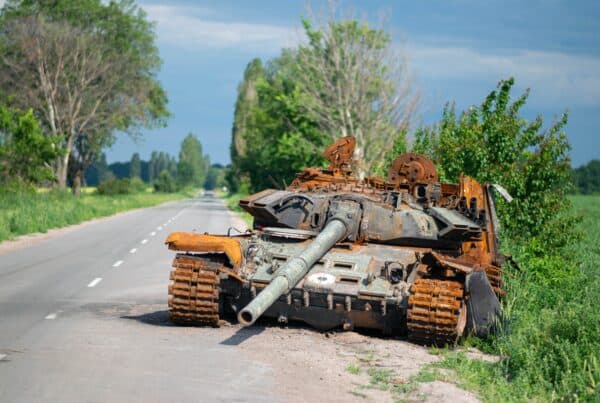Serbia has gained attention in recent years for its potential lithium resources and the development of lithium projects. Lithium is a key element used in the production of batteries for electric vehicles (EVs) and energy storage systems, making it a valuable resource in the global transition towards cleaner energy.
One of the most prominent lithium projects in Serbia is the Jadar lithium project, located in the western part of the country. The Jadar deposit is estimated to be one of the largest lithium deposits in the world, with significant amounts of lithium, borates, and jadarite—a mineral unique to the region. The project is being developed by Rio Tinto, a multinational mining company, and it has the potential to significantly contribute to Serbia’s lithium production.
Apart from the Jadar project, there are other lithium exploration activities taking place in Serbia. Several companies have been granted exploration licenses to explore and evaluate potential lithium deposits in different regions of the country. These exploration efforts are aimed at discovering new lithium resources and expanding Serbia’s lithium industry.
It’s worth noting that lithium projects often face environmental and social considerations. Stakeholder engagement, environmental impact assessments, and sustainable mining practices are crucial elements that need to be addressed to ensure responsible development of these projects.
The Lithium extraction industry
The lithium industry worldwide has undergone significant growth and transformation due to the increasing demand for lithium-ion batteries in various sectors. The primary driver of this demand is the rise of electric vehicles (EVs) as governments and consumers seek cleaner energy alternatives. Lithium-ion batteries are crucial for EVs, leading to a surge in lithium demand.
The EV market has experienced remarkable growth too, with countries and automakers committing to phasing out internal combustion engine vehicles. This has further fuelled the demand for lithium. Additionally, the energy storage sector, both at the grid level and for residential and commercial use, has contributed to the industry’s expansion.
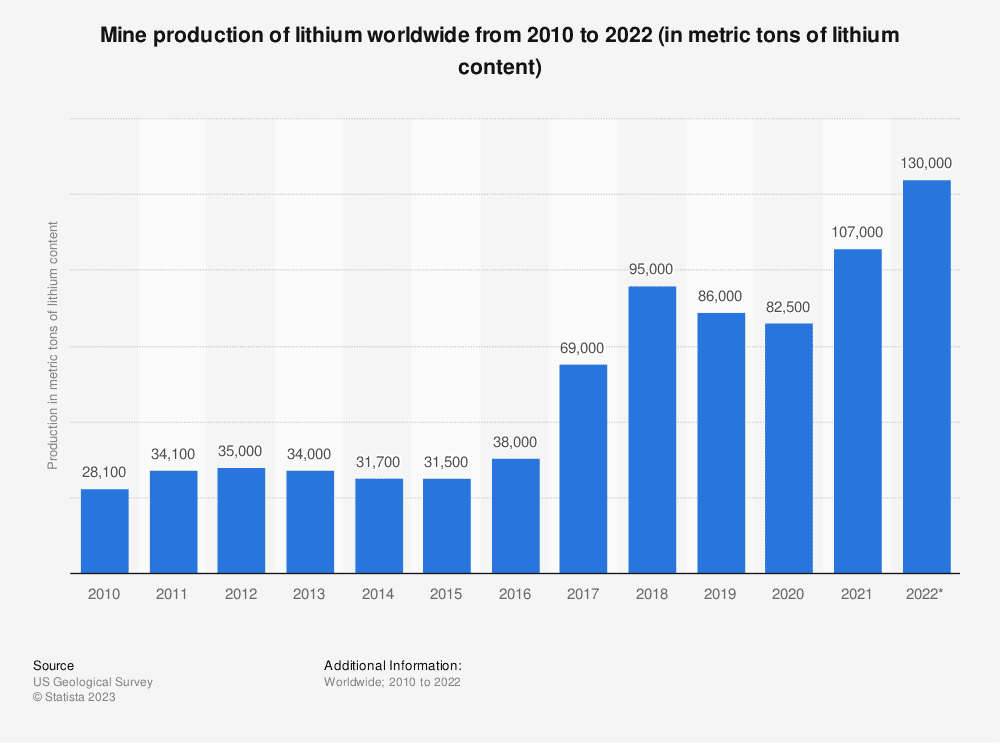
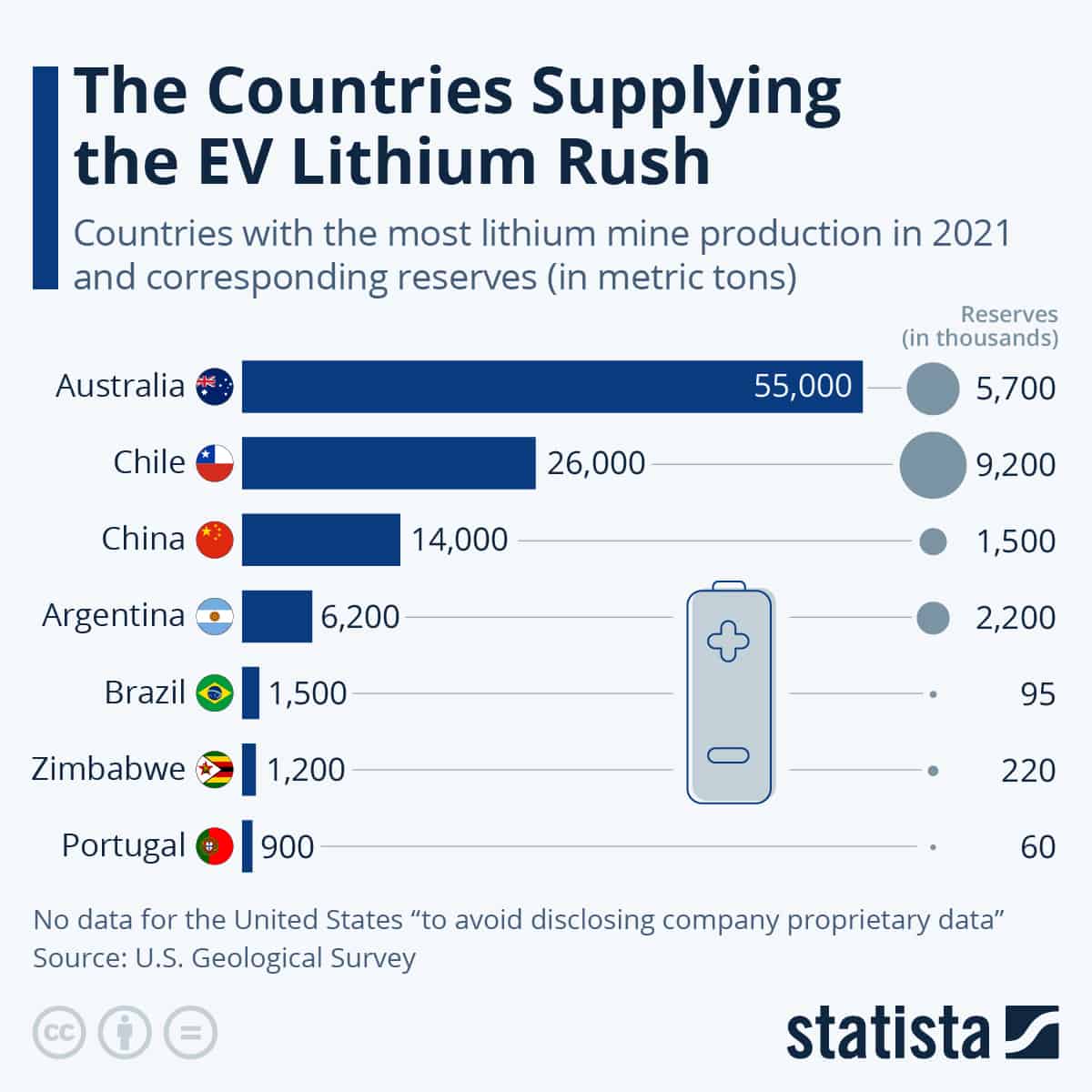
Historically, lithium production has been concentrated in countries such as Australia, Chile, and China, but other countries like Argentina, Canada, and the United States are increasing their production to meet growing demand.
Technological advancements in lithium-ion battery technology and alternative lithium extraction methods are continuously being explored to enhance performance, safety, and efficiency. However, the industry has faced price volatility due to supply-demand imbalances and changing government policies, especially during the Covid pandemic.
Jadar mining project
The story of the Jadar deposit begins with geological exploration efforts in Serbia. In the early 2000s, researchers from the Serbian Academy of Sciences and Arts discovered a unique mineral called jadarite in the Jadar Valley, located in the western part of the country. Jadarite was found to contain significant amounts of lithium and borates, making it an exceptionally valuable discovery.
Recognizing the potential of the Jadar deposit, British-Australian mining company Rio Tinto became involved in the project. Rio Tinto, known for its international expertise in mineral exploration and development, saw the opportunity to tap into the growing demand for lithium, particularly for battery production in the emerging electric vehicle market.
Rio Tinto conducted extensive geological studies and drilling campaigns in the Jadar Valley to assess the size and quality of the lithium and borate resources. The results confirmed the presence of a substantial deposit with estimated reserves of millions of tons of lithium and significant quantities of borates.
With the promising findings, Rio Tinto initiated the process of obtaining necessary permits and licenses for the development of the Jadar lithium project. The company conducted comprehensive environmental impact assessments, engaged with local communities and stakeholders, and worked closely with Serbian authorities to ensure the project’s compliance with regulatory requirements.
The Serbian government and Rio Tinto signed a Memorandum of Understanding on July 24, 2017, outlining the terms of their future mutual collaboration with an eye toward the start of mining in 2023. Aleksandar Anti, the minister of mining and energy for Serbia, and Simon Klust, the general director of the concerned division for Rio Tinto, both signed the memorandum. The pact was signed in front of the Serbian Prime Minister, Ana Brnabi. According to schedule, Rio Tinto committed a total of $90 million in a project in 2017 that involved testing samples in the United States. These analyses revealed that the ore in the Jadar deposit includes 15.4% boron oxide and 1.86% lithium oxide. Construction of the machinery needed for the mining and processing of industrial ore was scheduled to begin in 2020.
“We are working hard to establish trusting and respectful relationships with Jadar communities, including landowners, the Government of the Republic of Serbia, and all other relevant stakeholders such as NGOs and civil society organisations. And we remain committed to optimising the economic and social benefits while minimising any negative impacts to the community and the environment.”
– Marnie Finlayson, Managing Director of Rio Tinto Battery Minerals
The Jadar project aims to employ advanced mining and processing techniques to extract lithium and borates from the deposit. Rio Tinto plans to construct an underground mine and processing facility to extract lithium concentrate and produce battery-grade lithium carbonate, which is a crucial component for the production of lithium-ion batteries.
While the Jadar project presents exciting opportunities for Serbia’s lithium industry and the country’s economy as a whole, it has also faced some challenges. Environmental concerns have been raised, primarily related to water usage and the impact on the local ecosystem. Rio Tinto has been working to address these concerns and has committed to implementing sustainable practices throughout the project’s lifecycle.
An unexpected halt
The timing of the start of lithium mining in the Jadar region was continually delayed as preparations dragged on. In mid-January 2022, the Anglo-Australian company once again postponed it to 2027. Local residents and environmental activists also protested against the mining preparations, expressing their concerns about the destruction of the ecology and water quality in the area near the town of Loznica. The Serbian government decided to terminate Rio Tinto company’s licence to harvest lithium in Serbia on January 20, 2022.
According to the Prime Minister of Serbia, the government complied with all of the requests made by ecological organizations, which sparked sizable demonstrations coordinated by the Ecological Uprising, the Alliance of Environmental Organizations of Serbia (SEOS), civic platform Akcija, the Don’t Let Belgrade Drown campaign, and others.
However, the Prime Minister of Serbia then proceeded to accuse the West and foreign foundations behind environmentalist organisation of hypocrisy, as they opposed a project that was clearly against the rising Sino global influence. According to Brnabi, the Rockefeller Foundation, US Agency for International Development (USAID), Open Society Foundation, National Endowment for Democracy, Edge Funders Alliance, and many more are the largest donors to ecological organizations behind the protests.
Future scenarios
Recently a confidential list containing 20 investments promoted by Germany under the “Global Gateway” project was published by the German tabloid Hadensblatt. Berlin currently has plans for projects including a large solar power plant in Botswana and Namibia, a railway linking Ghana’s coast with landlocked Burkina Faso, and a wind farm near the capital, Accra.
The newspaper also claims that the project “Global Gateway” focuses on the Balkans too. To increase European battery production and reduce dependence on China for raw materials, a wind farm would be developed in Bosnia and Herzegovina, while lithium extraction would be promoted in Serbia. Initiatives in Uzbekistan and the development of highways linking Laos, Vietnam, and Thailand are included in the project to increase the EU’s influence in Asia. A similar proposal is being made for Latin America, which is rich in the raw materials needed for green technology.
It is to mention that Berlin has brought up the idea before, as former Chancellor Angela Merkel previously stated that Serbia is a source of interest for her nation in terms of lithium extraction and manufacturing. Hence, what many analysts are starting to believe is that the Jadar mining project might resume under new guidance and funding.
References
https://www.mining-technology.com/news/jadar-valley-lithium-pushed-back/
https://serbia-energy.eu/serbia-rio-tintos-lithium-mining-project-crisis/
https://www.mining-technology.com/news/rio-tinto-jadar-lithium-project/
https://www.riotinto.com/operations/projects/jadar
https://www.miningweekly.com/article/rio-tinto-expects-lithium-to-be-in-high-demand-2016-06-02

